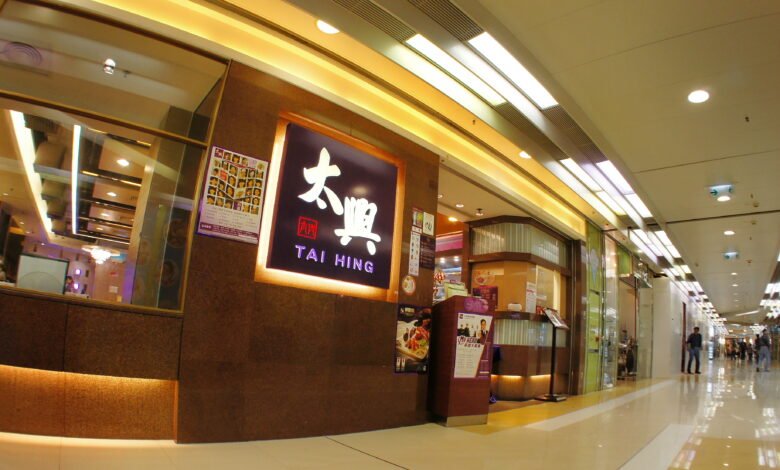SGRecycle secures Tai Hing Group led US $1.4 M in seed funding round

SGRecycle, a social recycling startup based in Singapore, has raised US $1.4 million in a seed funding round led by Tai Hing Group, a recycling company.
The money will be used to expand the company’s reach across the country, thanks to scalable cloud computing and sensors installed at its smart recycling stations.
“The ultimate goal is to have all SGRecycle stations islandwide at the most convenient and accessible place, everywhere in Singapore to encourage the nation to practice the recycling habits,” said JacQueline Lim, managing director of Tai Hing Group.
SGRecycle is a network of SGRecycle stations located throughout Singapore that was launched in 2020. By combining built-in sensors and cloud technology, it allows for contactless recycling of paper waste.
“This reduces the risk of COVID infection and also increases the general public’s awareness of returning their trash for cash at the same time saving our environment together,” said Looi, co-founder of SGRecycle. “Everyone plays a part in this ecosystem.”
When people recycle waste paper at SGRecycle stations, they can get cash incentives or merchant vouchers. The weight of the waste paper will be calculated by sensors, and points will be credited to people’s mobile accounts.
The startup claims that it can help increase Singapore’s recycling rate by 5-10%, which was at a 10-year low in 2020. This halt is due to the pandemic’s suspension of a sector (construction and demolition) with historically high recycling rates. Singapore’s domestic recycling rate fell to just 13% in 2020, compared to 32% in the United States, 46% in the EU, and 67% in Germany.
In Singapore, 30 SGRecyle stations have been piloted in shopping malls, community centers, schools, and residential facilities. As part of Singapore’s Green Plan 2030, the first SGRecycle station was installed in Tampines, which aims to become a model Eco-Town by 2025.
The startup also plans to deploy more artificial intelligence (AI) and green components like facial recognition and solar panels in its stations. The company could then use its data wall to look for recycling patterns and user behaviour insights in the big data it had received.
Singapore aims to raise its domestic recycling rate from 22% to 30% by 2030, as well as its non-domestic recycling rate to 81%.
Singapore has implemented Extended Producer Responsibility laws for electronic trash this year and packaging waste by 2025 to reach this aim, which implies that businesses will be held accountable for the materials they make and consume.
The green technology and sustainability market in Singapore was valued at US$6.89 billion in 2018, according to the “Singapore Green Technology and Sustainability Market Report.” By 2025, it is expected to grow at a CAGR of 26.8% to US$36.31 billion.




